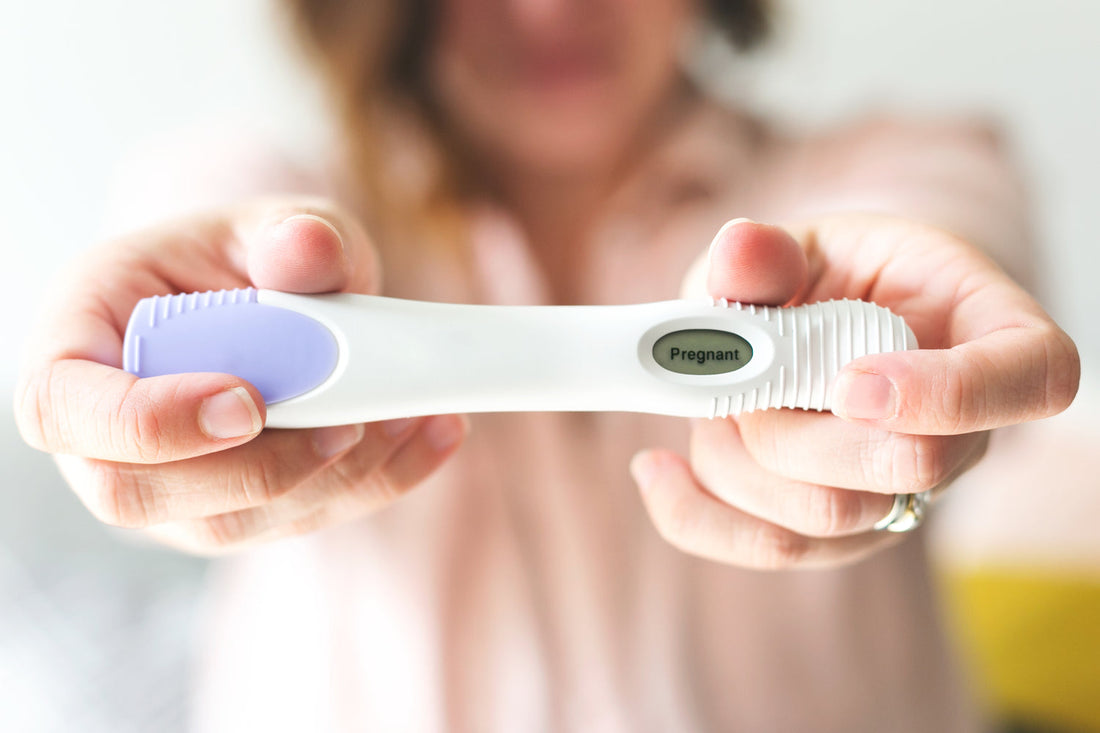
What Happens In The 10 Days After An Egg is Fertilized?
Share
The few days after an egg is fertilized is a critical time period, with several key processes occurring. Remember, eggs are usually fertilized in the fallopian tube, but the embryo has to implant into the uterus for a successful pregnancy. Here's what happens between day 0 and day 10.
- Zygote Formation: During fertilization, a sperm cell delivers its chromosomes (containing DNA) to an egg. When the sperm merges with the egg, a zygote is formed - this is a single-cell entity with a full set of chromosomes. The zygote gets half of its chromosomes from the sperm and half from the egg. A zygote is the very first stage of development for a new individual.
- Early Cell Division: The single-celled zygote begins to divide through a process called cleavage. The first few divisions result in a structure known as a blastocyst, which is a hollow sphere if cells.
- Travel to the Uterus: The blastocyst must travel to the uterus, where it must implant. It travels from the fallopian tube downward toward the uterus, a journey which takes 3 to 4 days on average.
- Preparing to Implant: Once it reaches the uterus, the blastocyst must find a place within the thickened uterine lining (known as endometrium) to implant.
- Implantation: This occurs somewhere between 6 to 10 days after an egg is fertilized. During implantation the blastocyst's outer cell layer makes contact with and embeds into the endometrium. The invasion of the blastocyst into the endometrium allows it to establish contact with the maternal blood supply. This connection eventually forms the placenta, and initiates the production of human chorionic gonadotropin (hCG) - the hormone that is detected by pregnancy tests.
- Hormonal Changes: The increasing release of hCG signals to the corpus luteum (the structure that the now-empty follicle turns into) to continue to produce progesterone. The hormone progesterone helps to maintain the uterine lining rather than letting is slough. This supports the early stages of pregnancy.
*This post is for educational purposes only, and should not be taken as medical advice. If you have personal medical questions, consult with your personal physician*
